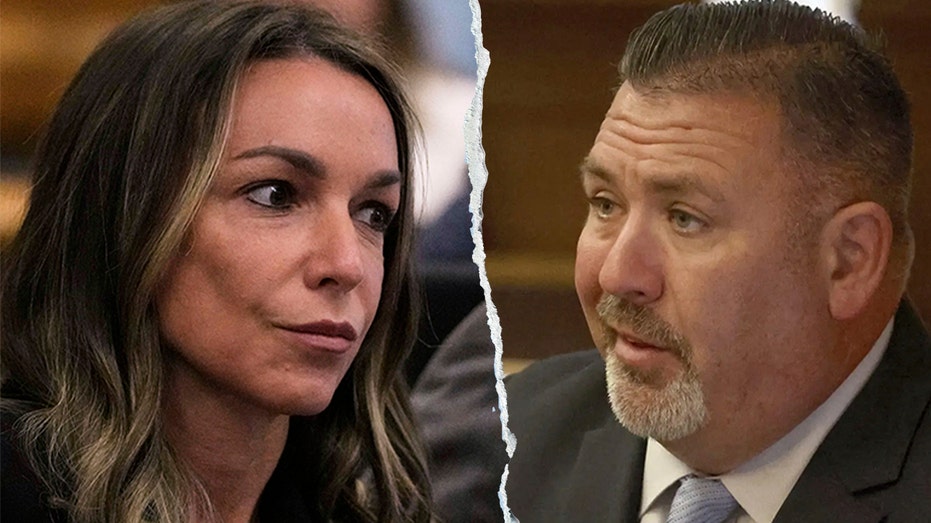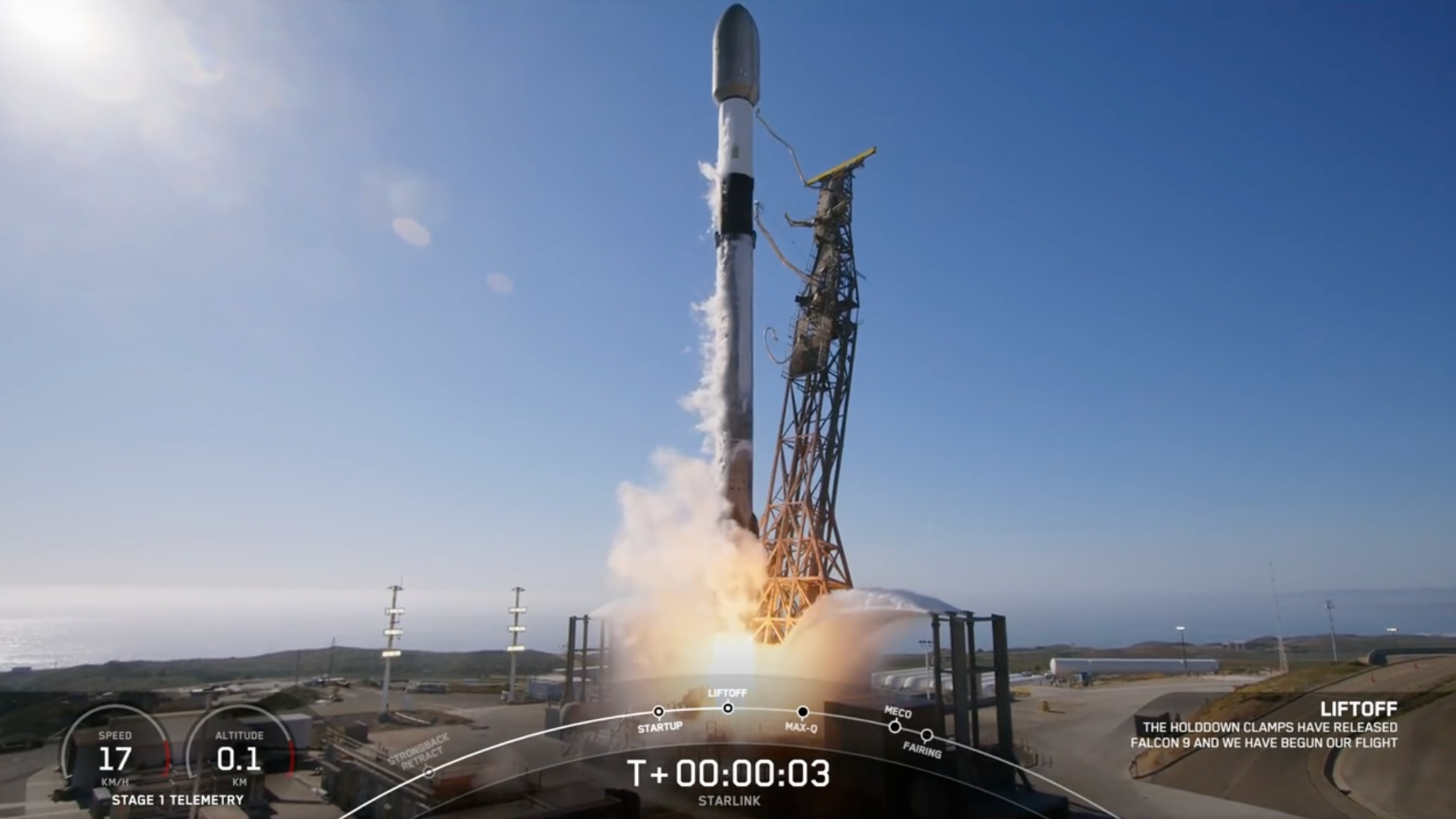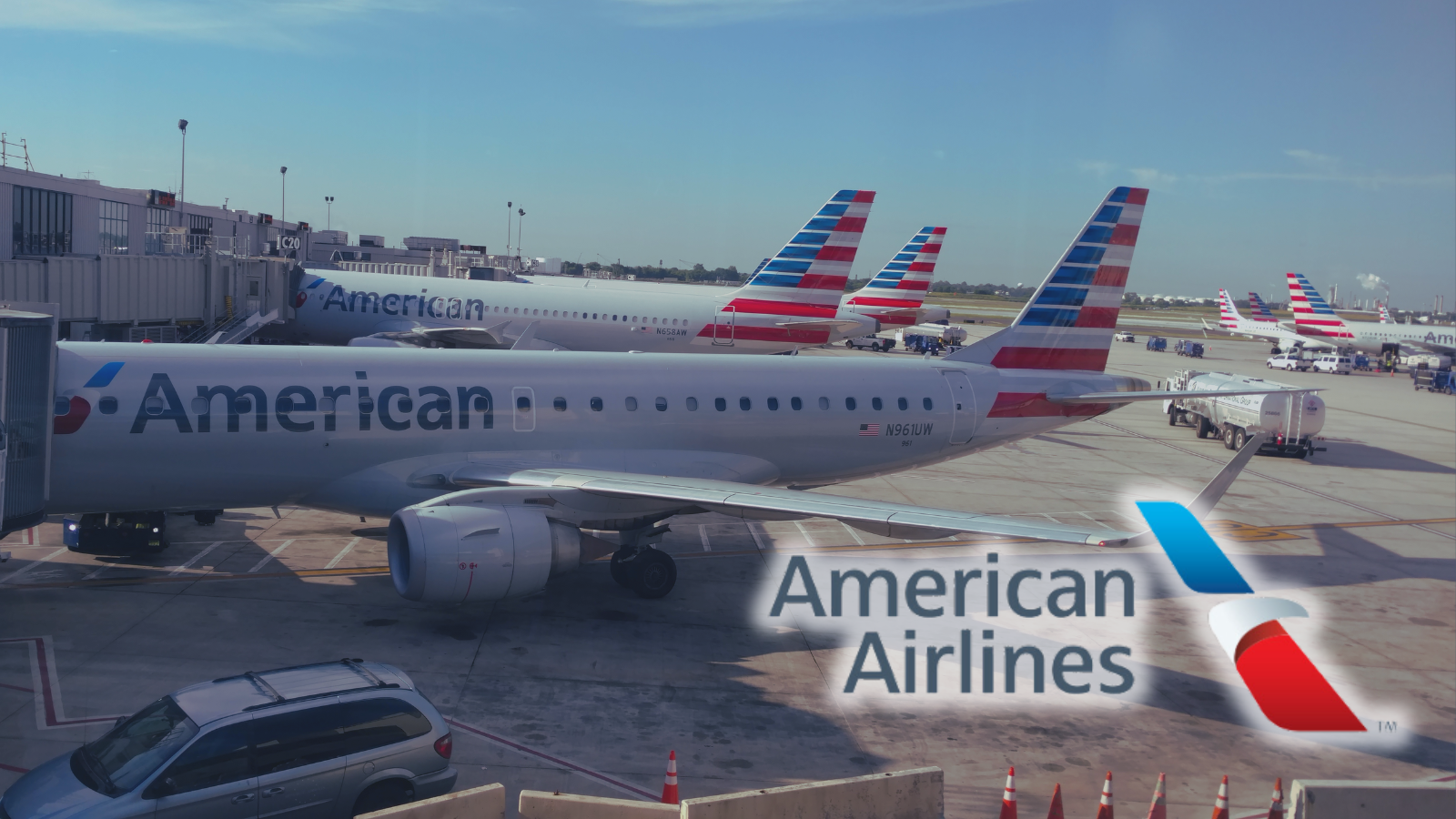America at 250: Why we need public media now more than ever
PBS and its member stations are being threatened by a presidential executive order, which could undermine the foundation of American civic life and the free space for truth, education, and shared experience.

As we approach the 250th anniversary of the founding of the U.S., it is worth remembering that our founders believed an educated public was not a luxury, but the very foundation of a healthy republic.
This principle is as urgent today as it was two and a half centuries ago.
Yet at this pivotal moment, President Trump has issued an executive order that threatens to undermine one of the most trusted and vital institutions in American civic life: public media.
Some lawmakers have tried to justify this effort by attacking public media as “anti-American.” But we are among the most American of institutions. PBS was created more than half a century ago, and has, with its member stations, established itself as a cornerstone of our democratic culture. From the earliest days of "Sesame Street" and "Mister Rogers’ Neighborhood" to today's explorations of American history, science, nature, technology, and the arts, public media has offered the American people a unique space — free from commercial influence — where truth, education, and shared experience come first.
This is not a partisan issue. It is a democratic one.
As a filmmaker, Ken has spent more than four decades chronicling the American story. And as the President and CEO of PBS, Paula has witnessed firsthand how local stations empower citizens with fact-based journalism, educational programming, and forums for civil discourse. Together, we believe that public media is one of the last places where Americans can come together to learn — not only about our past but about each other.
Proposals to eliminate federal support for the Corporation for Public Broadcasting — an entity that costs just $1.60 per citizen, per year to operate — ignore the extraordinary return on that investment. This funding supports over 330 local stations across all 50 states, many of them in rural or underserved communities. These stations are not luxury items: they are lifelines. They provide early childhood education, emergency broadcasting, lifelong learning, and trusted news— particularly in regions where commercial journalism has disappeared.
As our country prepares for the 250th anniversary of the Declaration of Independence, public media is already mobilizing. Local stations and national producers are developing programming that reflects the full complexity of the American experiment: the triumphs and contradictions, the overlooked stories, the extraordinary freedoms that were articulated out of the bloody war that led to our independence. This is not nostalgia but civic engagement at its most essential.
The centerpiece of this effort is Ken’s new series, "The American Revolution." Ken has called it the most consequential revolution in history, a moment when we went from subjects to citizens, setting in motion the very idea of self-governance and liberty.
The six-part documentary examines how America’s founding turned the world upside-down. Thirteen British colonies on the Atlantic Coast rose in rebellion, won their independence, and established a new form of government that radically reshaped the continent and inspired centuries of democratic movements around the globe.
Between now and the November broadcast, the filmmakers will visit 30 markets, large and small, across the country to partner with public television stations and local institutions to engage thousands of people in a national conversation about the importance of our founding.
An additional 50 stations will host screenings, engage students and create content to bring to life stories from their communities during the American Revolution. Educational materials will be distributed to nearly every middle and high school in the country, along with screening materials for libraries, museums and other institutions.
Ken’s films have been among the most watched on PBS, from "The Civil War" in 1990, which remains the highest rated series, to "The Vietnam War" in 2017, which had nearly 40 million viewers during its premiere run. With streaming platforms today, we anticipate millions more to watch "The American Revolution," which will be by far the largest shared experience of the semiquincentennial.
At a time when misinformation flourishes and division runs deep, public media remains one of the few spaces committed to elevating truth over partisanship, dialogue over division, and context over soundbites. It’s where a fifth grader in Alabama can learn about the Constitution the same day a retired steelworker in Ohio watches a documentary about the Civil War. It’s where we come not just to consume content but also to participate in the American story.
We do not ask every American to agree with every program aired on PBS. We ask only that the country continue to support a system that reflects its people back to themselves — fairly, honestly, and without commercial agenda.
Public media was created with a sense of purpose and hope. Let us not abandon it at the moment we need it most.
Ken Burns is an award-winning filmmaker. Paula Kerger is president and CEO of PBS.

















































































